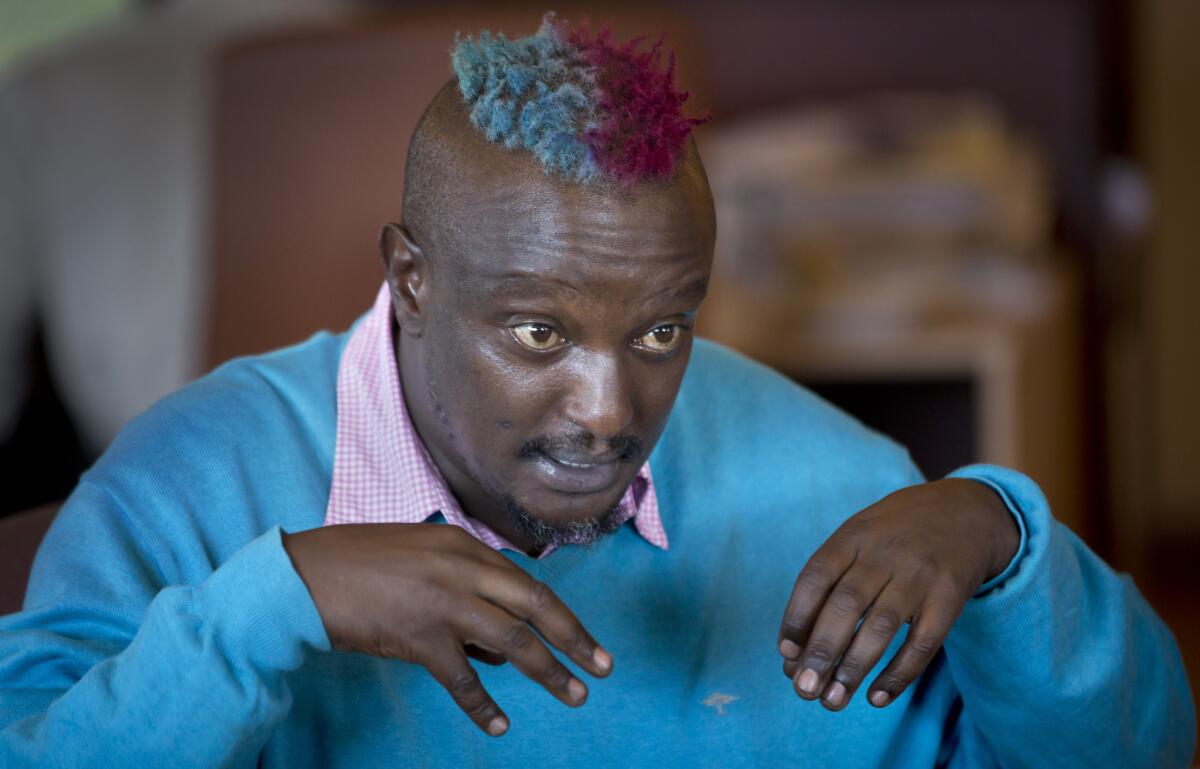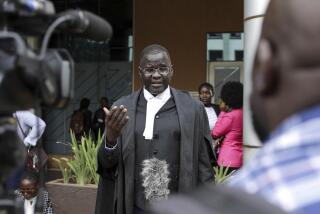Making homophobia legal in Africa

A disturbing new law in Nigeria establishes sweeping restrictions on homosexuality and has already led to dozens of arrests.
Even before the law went into effect, it was illegal to engage in same-sex relations. But the new law goes further, prohibiting civil unions and same-sex marriages and threatening to slap a 10-year prison sentence on anyone who officiates at such a marriage. The law bans public displays of affection between people of the same sex, outlaws gay support organizations and makes it illegal for gay groups to meet. In a country with the world’s third-largest number of people living with HIV or AIDS, the law could put serious obstacles in the way of health groups doing outreach to gay populations and possibly even outlaw programs providing education on HIV prevention.
As U.N. High Commissioner for Human Rights Navi Pillay said, rarely has there been legislation “that in so few paragraphs directly violates so many basic, universal human rights.”
Africa is notoriously homophobic; 38 countries on the continent ban same-sex relations. Many of those bans are based on colonial-era sodomy laws, while others derive their authority from Islamic law or other religious and socially conservative ideologies. The initial version of Uganda’s infamous anti-gay bill — which was not ultimately enacted — would have authorized the death penalty for some repeat offenders.
But Africa is not alone. Less draconian but still unjustifiable is the Russian ban on giving “propaganda” (otherwise known as information) about gay relationships to minors. In advance of the Olympics, President Vladimir Putin tried to reassure gays and lesbians that they were welcome in the country by saying they had nothing to fear as long as they left children alone — as if being gay meant being a predator.
Such laws violate human rights. But it is worth noting that state sodomy laws were still enforceable in the U.S. as recently as 2003, when the Supreme Court issued its landmark decision in Lawrence vs. Texas. And only in the last decade has U.S. public opinion shifted from disapproving of gay marriage to supporting it. Ironically — and shamefully — some conservative evangelical Christians who lost ground with their anti-gay gospel here have exported it to African countries, including Uganda.
No one has the moral high ground. Every country must work harder to create tolerant societies that respect the rights of all.
More to Read
A cure for the common opinion
Get thought-provoking perspectives with our weekly newsletter.
You may occasionally receive promotional content from the Los Angeles Times.






